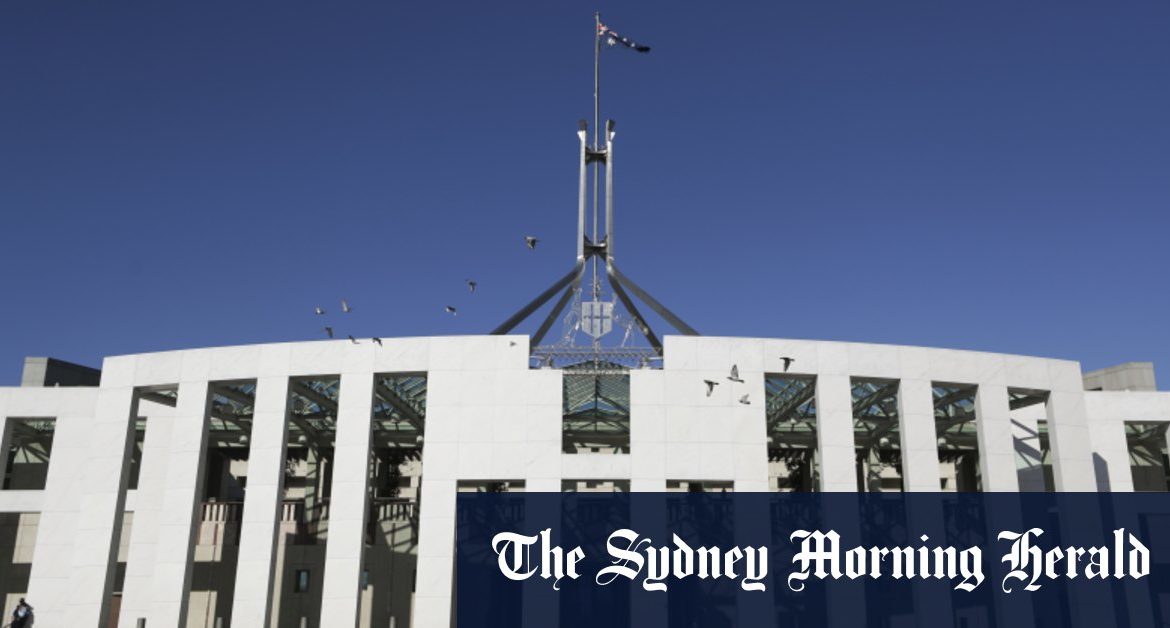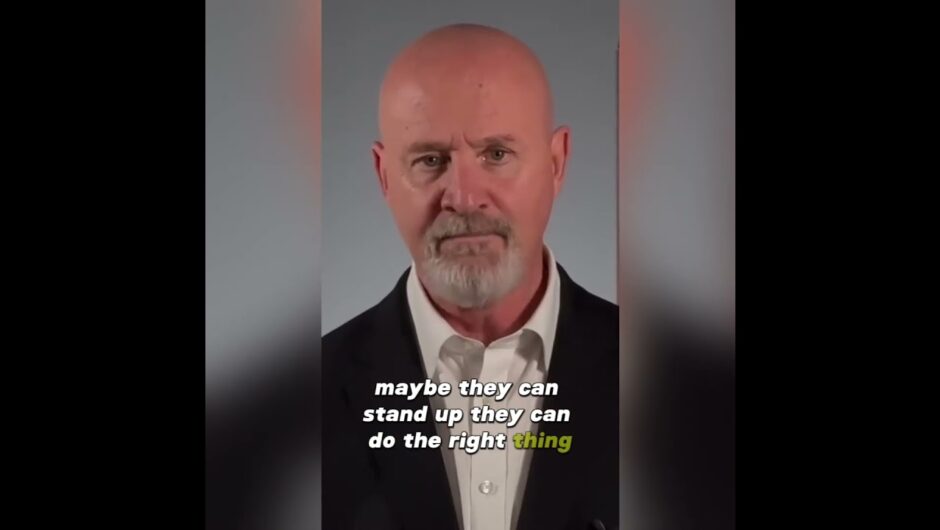It’s not just the donations from companies and individuals like controversial billionaire Clive Palmer that we should be worried about – David also revealed federal political parties have received $1.1 billion from hidden donors over the past two decades, in a concerning trend towards greater secrecy.
The Centre for Public Integrity – a non-profit group led by corruption investigators and former judges – is urging law reform that includes caps on donations and real-time disclosure to curb the purchase of influence, as well as the creation of a national integrity commission to watch over politicians and public servants.
In addition to our stories about the money flowing into government coffers, it seems the money they hand out is not without controversy either.
This week, Home Affairs Minister Peter Dutton was in the headlines after it was revealed he handpicked 53 projects to share in $8.5 million from the Safer Communities Fund, diverting almost half the pool of funding away from the department’s recommended projects to his preferred ones. Only five of the 53 projects were in safe Labor seats, sparking allegations that he was simply pork barrelling – using taxpayer money to benefit Coalition seats and enticing marginal ones to vote Liberal or National at the next election.
In NSW, state political editor Alexandra Smith and reporter Lucy Cormack covered the ongoing controversy over the bushfire grant program, with revelations Labor and Greens-held council areas that sustained a combined $300 million in damage didn’t get any relief funding. The Berejiklian government, through deputy Premier John Barilaro in particular, has argued the vast majority of destruction occurred in Coalition-held seats and that those that didn’t receive funding may be eligible in the next round of payments.
Of course, NSW Premier Gladys Berejiklian last year famously defended allegations of favourable spending when questioned over her government’s controversial $250 million council grants program. Ms Berejiklian said the practice of pork barrelling was “not illegal” and widespread in governments of all stripes.
Loading
“Governments in all positions make commitments to the community in order to curry favour. I think that’s part of the political process whether we like it or not,” she said.
It should be noted Ms Berejiklian is stating a fact. But should politicians be so cavalier? Should they not put more effort into making these systems beyond reproach? As David wrote this week, schemes such as the one Peter Dutton is embroiled only seek to highlight serious questions about ministerial power, conflicts of interest and poor oversight.
“Huge amounts of taxpayer money are being spent in a secretive process that gives ministers total power over every grant without any checks on their decisions,” he wrote. “Those who apply for money get no transparency about the outcome; the result can come down to whoever has the best political mates. This happens alongside a weak donations regime that cannot be used to check thoroughly whether grants are going to donors. At the same time, freedom of information is whittled away and the audit office has its funding cut.”
Our coverage of these issues is only getting started. As I typed this note, the Prime Minister Scott Morrison defended Mr Dutton, saying he’s acted within the rules and the accusations are “just throwing mud”. Labor has called for an audit office inquiry but regardless of any outcome, there is simmering public anger about the perception of wrongdoing in these areas. Governments would do well to tackle reform head on and bolster our democratic systems, before voters take their frustrations out in the ballot box.
Lisa Davies is the Editor of The Sydney Morning Herald.
Most Viewed in Politics
Loading







